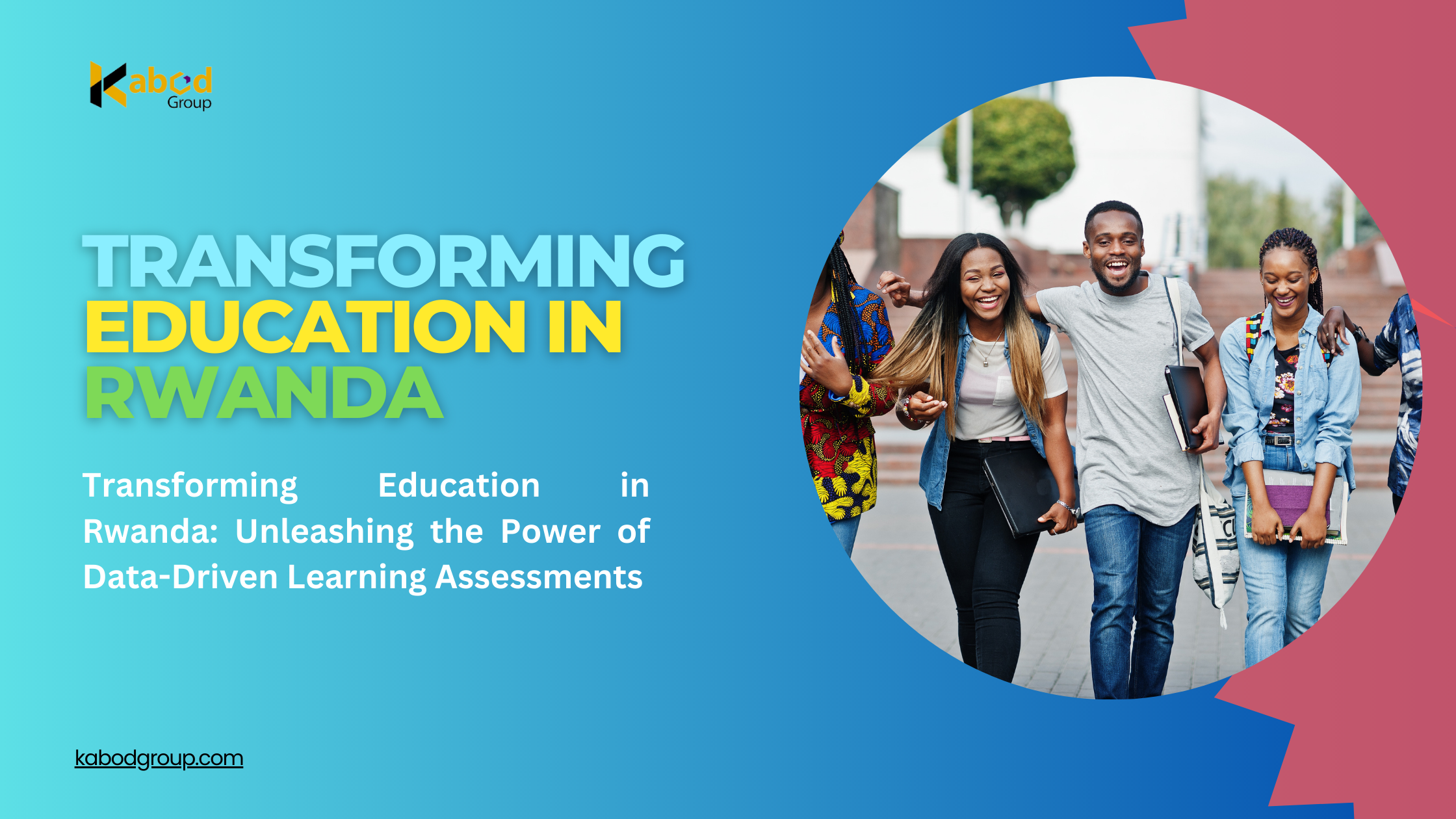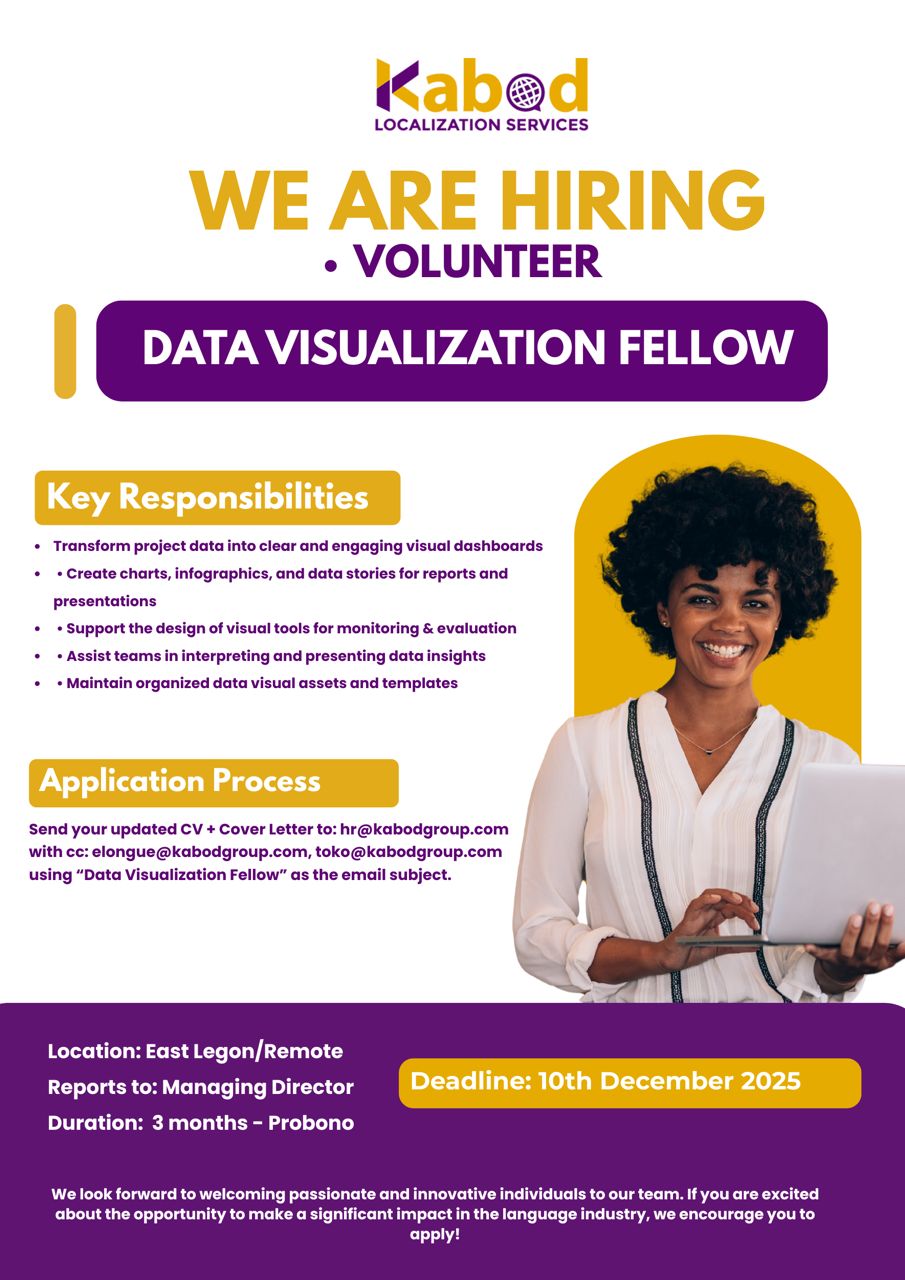In Sub-Saharan Africa, Rwanda has emerged as a nation with remarkable determination to uplift its education system despite significant challenges. RwIn Sub-Saharan Africa, Rwanda has emerged as a nation with remarkable determination to uplift its education system despite significant challenges. With over 11 million people, half of whom are under 18, Rwanda’s journey of economic growth since the 1994 genocide underscores the critical importance of education in shaping its future. Rwanda’s vision aims to shift from an agriculture-based economy to a knowledge-based hub for business and information technology, making education a top priority for socio-economic development.
Education in Rwanda
The government places equitable access and high-quality education as top priorities, resulting in impressive achievements such as a 97 percent primary school enrollment rate in 2013, with almost equal enrollment rates for girls. However, rapid enrollment growth has also strained the system, leading to challenges in maintaining quality standards and learning outcomes. In response, Rwanda introduced the Learning Achievement in Rwandan Schools (LARS) program.
The LARS Program
The Learning Achievement in Rwandan Schools (LARS) program focuses on measuring literacy and numeracy levels at the national level for Primary 3, Primary 6, and Senior Three (S3) students. Assessments cover English, Kinyarwanda, Mathematics, and Science, providing valuable data on learning outcomes and factors influencing student achievement. LARS empowers the Ministry of Education to make informed decisions and recommendations for improvement.
Overcoming Barriers
During February and March 2021, LARS was administered to 296 schools nationwide. Interviews with students, head teachers, Rwanda Education Board (REB) officials, and focus group discussions with teachers generated qualitative data on factors influencing performance. This approach allowed LARS to tackle existing barriers effectively.
Outcomes and Measures of Success
LARS facilitated access to high-quality data, resulting in better learning outcomes, more efficient assessment administration during crises, and digital technologies in assessment systems.
Also the educational system’s adaptation to assessment needs was also improved, and 2,824 teachers got measurement and evaluation training.
Unique tracking indicators for sexual and gender-based violence, mental health, and food availability among vulnerable children have been added.
Lessons Learned and System-Wide Changes
LARS implementation taught valuable lessons in learning assessment, leading to system-wide changes like curriculum revisions, competency-based education, increased instructional time, improved assessment practices, and enhanced teacher development.
Policy-Level Recommendations
LARS data suggests policy-level recommendations for teacher training, interventions for students, curriculum alignment, school collaboration, and a culture of evidence-based decision-making.
Conclusion
The LARS program in Rwanda uses data-driven learning to improve education, and make informed decisions, potentially serving as a model for other Sub-Saharan African nations.





